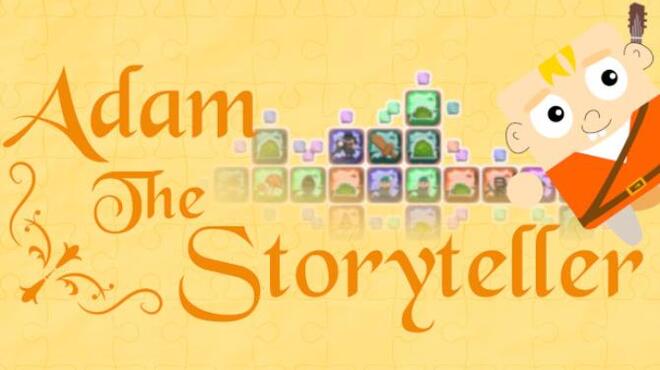


Hagen to develop the Storyteller System, adapting Shadowrun's d6 dice pools to use d10s.Tom Dowd, co-designer of Shadowrun, worked with Mark Rein Most character types have seven health levels, though exceptional characters like novas and Exalts may have more.

In addition, there are three different types of damage, which determine how long a wound takes to heal and the effect a final wound has on a character (i.e. The first few health levels represent minor damage, while the later ones indicate serious injury which debilitates, incapacitates or even kills the character. When a character suffers wounds, these are marked in the health level boxes in sequential order. Such points may be regained in different ways.Ī character's health is tracked via health levels. Character types capable of supernatural or paranormal ability typically have a trait that represents their source of supernatural power, such as blood pool for vampires, Quantum for novas or Essence for Exalts. These points may be spent to gain various benefits, depending on their nature some may be used for enabling particular actions, healing wounds, or augmenting normal actions. Some traits, like Willpower, have temporary "points" as well as a permanent rating. Additional (often optional) rules exist for more complicated actions, including contests between two or more characters, tasks that may require an extended period of time, and botches, or failures with disastrous consequences.īeyond basic action resolution, another basic mechanic concerns the expenditure of points. One success is sufficient for basic tasks, while more successes may be required for difficult tasks or tasks performed in trying conditions in the Revised Storyteller System, the difficulty of an action instead refers to the number of successes required to carry out that action. The more successes, the more favourable the result. Any dice that come up as this number or higher are counted as successes in some versions, each die showing a result of 1 actually subtracts a success. This number is usually 7, although some World of Darkness games instead use a baseline difficulty of 6. Each action has a number that each die must meet this number is either called a difficulty (in the World of Darkness games and Street Fighter) or a target number (in the Revised Storyteller System). The key traits of characters in the Storyteller System are the nine cardinal Attributes, a larger number of more detailed Abilities (which are usually divided up into three categories), and further Advantages like Health Levels, a Willpower score, Backgrounds and optional Merits and Flaws.Īctions are resolved in the Storyteller System by rolling a pool of ten-sided dice, with the number of dice determined by one or more of a character's traits. The core task resolution system in the Storyteller System is a dice pool system, which uses only ten-sided dice ( d10s) to resolve conflicts. The "New" World of Darkness (now known as the Chronicles of Darkness) later introduced its own variation on the system: the Storytelling System. A modified version of this system, the Revised Storyteller System, was introduced for the Trinity Universe games ( Trinity, Aberrant and Adventure!) changes from this version of the system informed subsequent revisions of the Storyteller System, as well as the adaptations of the Storyteller System used in Exalted and Scion. The Storyteller System is the ruleset published by White Wolf for use in the World of Darkness roleplaying games and, later, the Street Fighter RPG. Not to be confused with the Storytelling System of Chronicles of Darkness


 0 kommentar(er)
0 kommentar(er)
